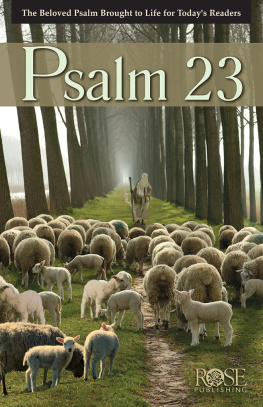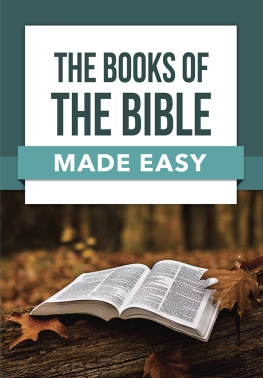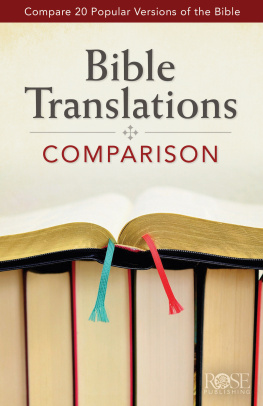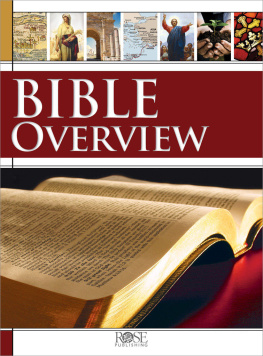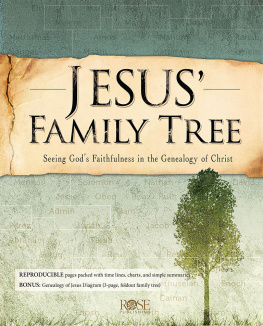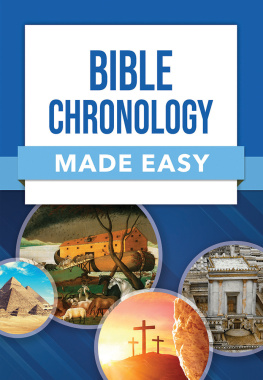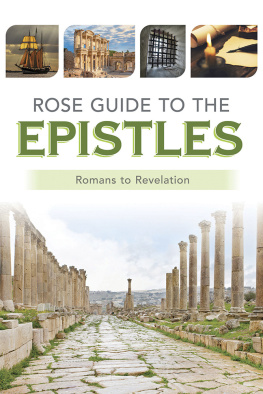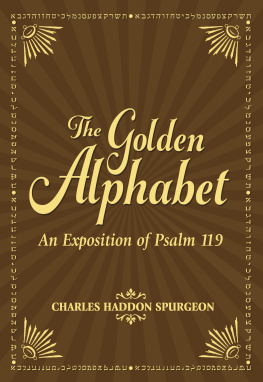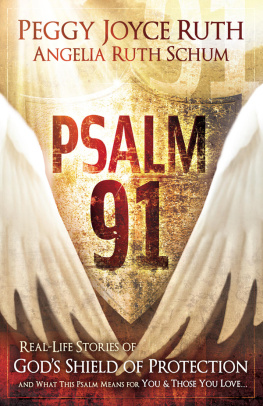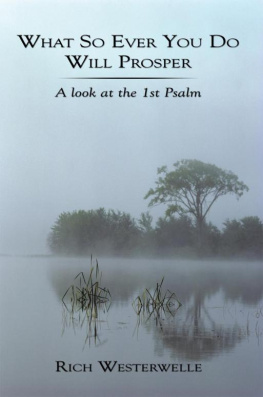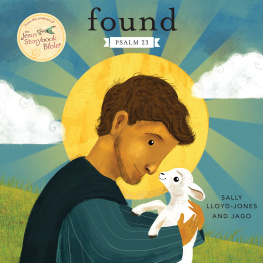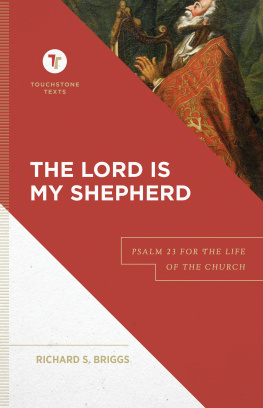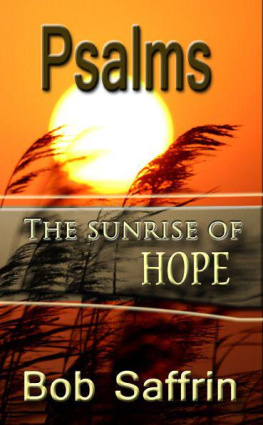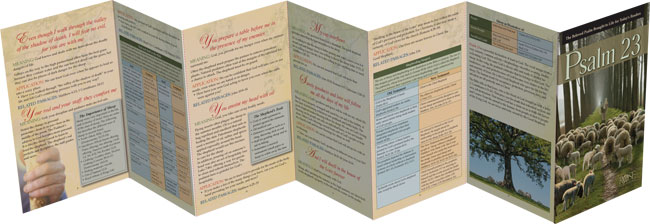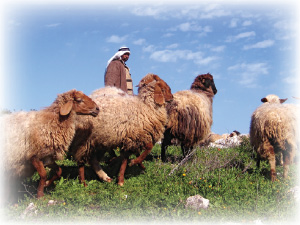The printed version of this eBook is the Psalm 23 pamphlet, ISBN-13: 9781596362819
Contributing Authors: William Brent Ashby, BT; Benjamin Galan, MTS, ThM, Adjunct Professor of OT Hebrew and Literature at Fuller Seminary
All Scripture quotations, unless otherwise indicated, are taken from the Holy Bible, New International Version. NIV. Copyright 1973, 1978, 1984 by International Bible Society. Used by permission of Zondervan. All rights reserved.
It is illegal to photocopy, transmit electronically, post on the internet, or reproduce this pamphlet in whole or in part in any form.
2008 Bristol Works, Inc.
Rose Publishing, LLC
PO Box 3473
Peabody, Massachusetts 01961-3473 U.S.A.
Email: info@hendricksonrose.com
www.hendricksonrose.com
All rights reserved.
Build: 2021-12-03 11:14:49 EPUB 2.0
Psalm 23
This handy eBook:
- Goes line-by-line through Psalm 23 (The Lord is my Shepherd), explaining its meaning and application for our lives today. Includes questions for personal reflection in less than 30 minutes.
- Gives key cultural insights on shepherding, what it meant during Jesus' time, and how it relates to our relationship with Christ.
- Includes helpful quick-reference charts that shows tons of information at a glance. Covers topics, such as how a shepherd's duties compare to Jesus' actions; how rods and staffs were used throughout the Bible; and more.
Psalm 23
The LORD is my shepherd,
I shall not be in want.
He makes me lie down in green pastures,
he leads me beside quiet waters,
he restores my soul.
He guides me in paths of righteousness for his name's sake.
Even though I walk through the valley of the shadow of death,
I will fear no evil, for you are with me; your rod and your staff, they comfort me.
You prepare a table before me in the presence of my enemies.
You anoint my head with oil; my cup overflows.
Surely goodness and love will follow me all the days of my life,
and I will dwell in the house of the LORD forever.
Psalm 23 is one of the dearest passages of the Bible. This beautiful poem about God and his people speaks directly to the joys and fears of any human being. It is a beautiful reminder that the L ORD is a caring and compassionate God. It also reminds us that, like sheep, we depend on Gods care and provision.
The language of the Psalm comes from life in the field with sheep. For many urban dwellers, the concepts and metaphors in the Psalm are unfamiliar. By exploring words and images in context, one can better understand the message and appreciate the beauty of this favorite psalm.
The Shepherds Care
Psalm 23 reveals that we belong wholly to God, not only because God made us, but because he redeems and remakes us. The language of the Psalm shows how he does it.
In verse 4, the pronoun shifts from he to you . But there is also a shift from language about sheep to language about humans. Through the first part of the verse, the imagery concentrates on pastures, still waters, and sheep paths. After verse four, the imagery centers on human thingstable, anointing of the head, overflowing cup. The language shift is so subtle, it is hardly noticeable; however, this change mirrors the change that takes place in people and nations that embrace God as their shepherd. Recognizing our need for God and his discipline is a humanizing experience, one of the major themes throughout Scripture.
T he L ORD is my shepherd
MEANING: God leads and cares for me.
Sheep are able to recognize their shepherd and carry on a simple relationship with him. They are docile creatures and are capable of giving and receiving affection. Care for the sheep means ownership of them. Shepherds often mark their sheep with a notch cut in the ear or by some other distinguishing mark.
APPLICATION: We are like sheep under Gods care and guidance. We belong to God in two ways: We belong to him because he created us, and we belong to him because he saved us. As believers, we are called to suffer with him and bear his mark of love (Philippians 3:10; John 17:2023).
- How do we show other people that we have the mark of Christ on us?
- In what ways has God led you?
- How do you experience Gods care in your life?
RELATED PASSAGES: John 10:118; Ezekiel 34:31
The Mark of the Christian
The Bible speaks of Gods mark on the believer. Ephesians 1:13 speaks of being marked with the seal of the Holy Spirit. What is this mark? Some faith traditions, as an act of worship, use the symbol of the cross on the believer. Hand movements, oil, jewelry, and more have been used for this purpose, but these are only symbols of a deeper reality.
The mark of the Christian involves suffering (see Philippians 1:29 and 1 Peter 4:1213). Paul indicates this in passages like Galatians 3:17 and Philippians 3:10. Jesus refers to the same when he identifies the disciple with the teacher (Matthew 10:2425). But the mark must involve more than just suffering, since suffering is common to all humans. Jesus, in his final prayer before his own suffering on the cross, connects the suffering of the disciple with unity in Gods love (John 17:1323). It is the love Christians bear for each other while under fire that is the distinguishing mark, the very seal of the Holy Spirit (Romans 5:5; 1 Corinthians 8:3).
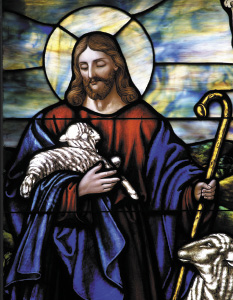
Shepherds and Sheep |
Shepherds appear in the Bible many times. As the table below shows, the language and images from shepherding were common for people in biblical times. |
Shepherds in the Old Testament | Shepherds in the New Testament |
- Abel (Genesis 4:2)
- Jabal (Genesis 4:20)
- Abraham (Genesis 13:26)
- Lot (Genesis 13:56)
- Isaac (Genesis 26:1733)
- Rachel (Genesis 29:9 )
- Jacob (Genesis 31:4)
- The Sons of Israel (Genesis 46:3132)
- Jethros Daughters (Exodus 2:16)
- Moses (Exodus 3:1)
- David (1 Samuel 16:11)
- Uzziah (2 Chronicles 26:10)
- The Recabites (Jeremiah 35:610)
- Figurative:
- of Godthe Shepherd (Genesis 49:24; Psalm 23; 78:52; 80:1; Ezekiel 34:15);
- of the leaders of Israel (Isaiah 56:11; Ezekiel 34);
- of Cyrus ( Isaiah 44:28)
| - The Shepherds of the Nativity (Luke 2:820)
- Figurative of Jesus:
- the Shepherd (Isaiah 40:11; Zechariah 13:7; Matthew 26:31; Mark 14:27; 1 Peter 2:25);
- the Good Shepherd (John 10:1116);
- the Great Shepherd (Hebrews 13:20);
- the Chief Shepherd (1 Peter 5:4)
|
I shall not be in want
MEANING: My deepest needs shall be met. I need not desire more.
Sheep may develop a habit of wandering off the shepherds pastureland in search of greener pastures. Because they have few defenses, safety in numbers is necessary for survival. A stray sheep is easy prey and the watchful protection of a caring shepherd is crucial to sheep that have a tendency to wander. Sheep have differing personality traits and stubborn sheep may teach others of the herd to wander.
Next page
